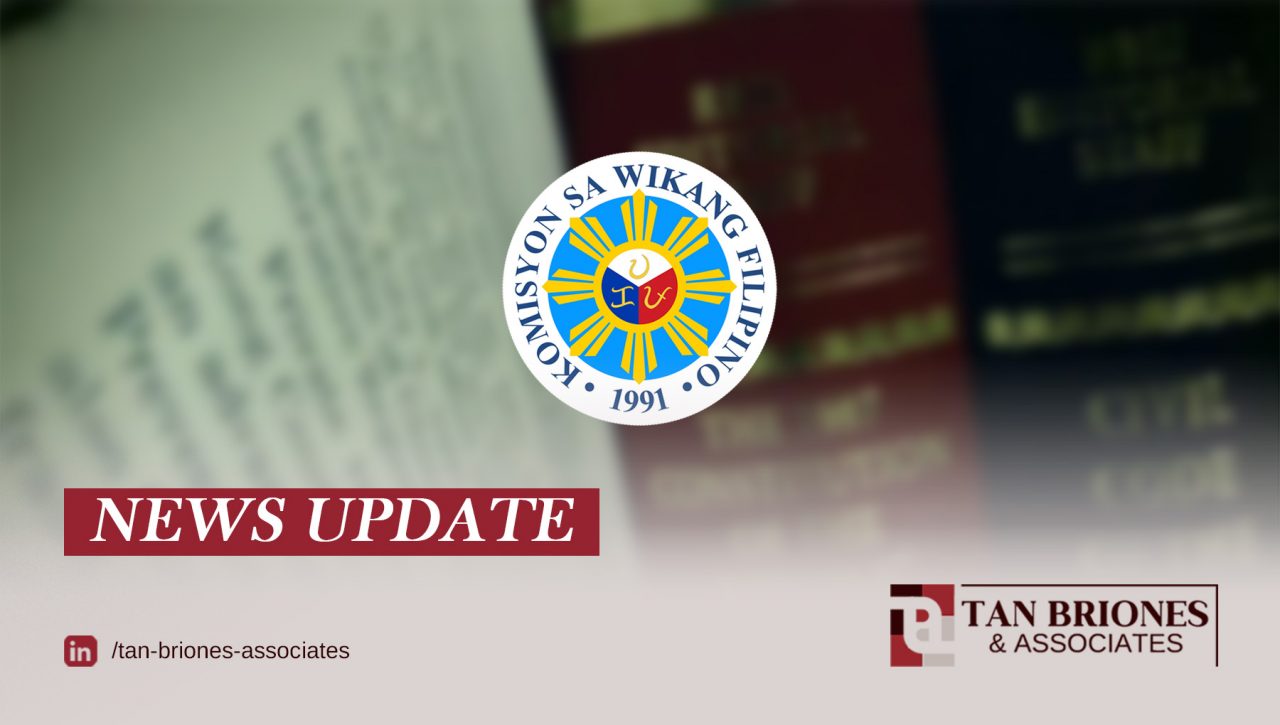
A measure has been filed in the House of Representatives seeking to require the translation of laws with penal provisions into major local languages to make them accessible to citizens who are not proficient in English.
Akbayan Party-list Rep. Chel Diokno introduced House Bill 3863, or the Batas sa Sariling Wika Act, mandating the translation of all penal laws into Filipino, Bisaya, and Ilocano, which together represent the country’s four largest ethnolinguistic groups.
“How can we expect ordinary citizens to follow the law if it’s written in a language they can’t understand?” Diokno said.
“A worker in Mindanao shouldn’t need a lawyer or translator to understand the Labor Code; a mother in Ilocos should be able to read the Anti-VAWC law in her native tongue,” he added.
Under the measure, new laws with penal provisions must be translated within 90 days of enactment, while existing penal laws—including the Revised Penal Code, the Labor Code, the Anti-Violence Against Women and Their Children Act, Republic Act 7610 on the protection of children, the Safe Spaces Act, and the Magna Carta of Filipino Seafarers—must be translated within five years.
The Komisyon sa Wikang Filipino would serve as the lead translating authority, while the Presidential Communications Office would be tasked with publishing the translated texts in the Official Gazette and making them available online.
Diokno, a long-time human rights lawyer, said the bill is aimed at dismantling barriers that prevent ordinary Filipinos from understanding and exercising their rights.
The measure is co-authored by Akbayan Party-list lawmakers Percival Cendaña and Dadah Kiram Ismula, as well as Dinagat Islands Rep. Arlene “Kaka” Bag-ao.
“Most of my clients are ordinary citizens not well-versed in English. They are already disadvantaged because they don’t have much financial capacity, and they are in a worse position if they do not understand the law,” he said.
Follow Tan Briones & Associates on LinkedIn for more legal updates and law-related articles.







